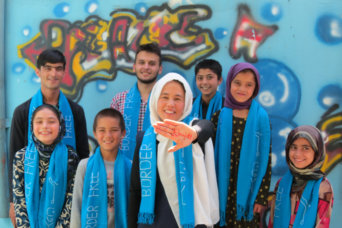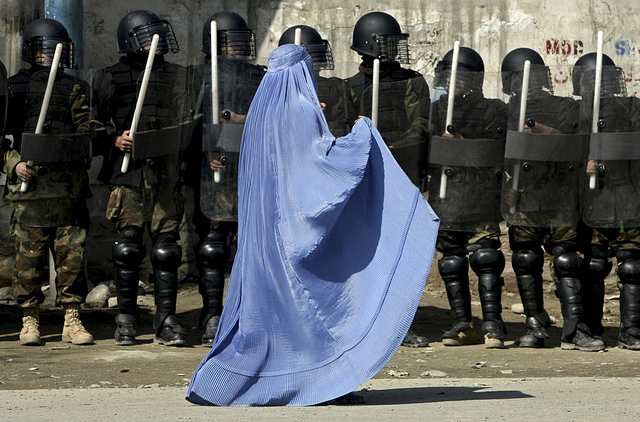- About
- Topics
- Picks
- Audio
- Story
- In-Depth
- Opinion
- News
- Donate
-
Signup for our newsletterOur Editors' Best Picks.Send
Read, Debate: Engage.
| topic: | Human Rights |
|---|---|
| located: | Afghanistan |
| editor: | Shadi Khan Saif |
As one of the world’s youngest nation, Afghanistan this week marked the 40th anniversary of the Soviet invasion that put the country on course of the raging bloodshed in the first place.
Still juggling frightfully between war and peace four decades after that invasion, the country’s war generation needs not to be forgotten amid the ever-changing global priorities and development goals.
The loss of so many innocent lives since then is the direct product of radicalization and divisions, infused among the Afghan youth of the 1970s by the Muslim world together with the western allies. It needs to be undone with an infusion of harmony, fairness and mutual respect in the Afghan youth now.
This year, on the eve of the anniversary of the Red Army’s invasion, Afghanistan’s nascent democracy delivered another five-year term for the technocrat President Mohammad Ashraf Ghani – who is credited with promoting the youth over the old stalwarts in the political arena. Following the 2018 parliamentary elections, the legislature already has a much younger outlook.
Afghanistan has one of the youngest and fastest-growing populations in the world – with approximately 63 per cent of the population (27.5 million Afghans) below 25 years of age and 46 per cent (11.7 million) children under 15 years of age according to the National Statistics and Information Authority.
This crossroad provides an ideal platform for President Ghani as well as for the war-ravaged country’s friends and allies to reverse the vicious cycle of violence, hatred and division that have made lives miserable for ordinary Afghans for all these years.
The emerging youthful idealism of love, respect and service need to be nurtured and promoted through equal opportunities for education, health and services, as well as through respect for the rule of law.
As is seen in other places worldwide, the youth seems more idealistic than pessimistic on a range of issues, and that is what a country like Afghanistan needs in terms of overcoming impediments in the thorny peace process as well as the whole nation-building process.
The youth is more likely to forget and forgive for the sake of peace and harmony and an inclusive future.
Photo courtesy the Afghan Youth Peace Volunteers.

